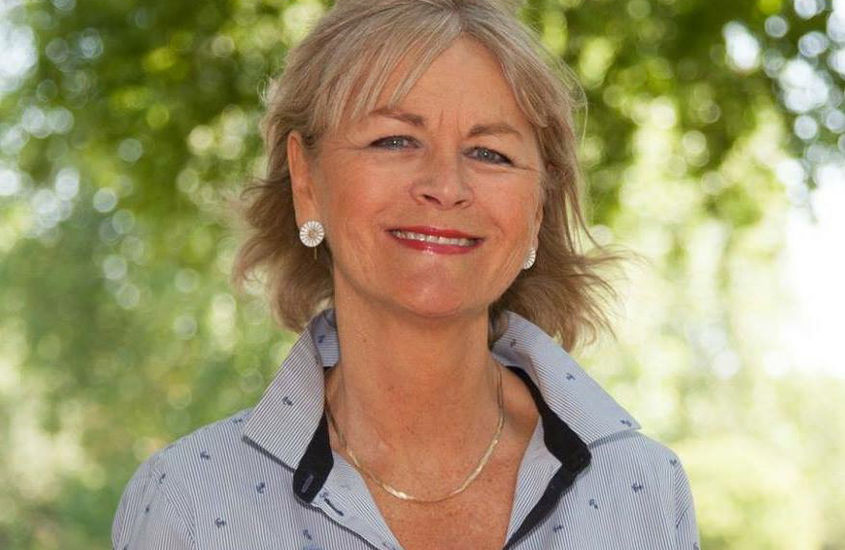We’re getting two new research projects off the ground to improve how we care for people with diabetes and eating disorders.
We’re supporting these projects thanks to the diabetes Clinical Studies Groups (CSGs). They bring together researchers, healthcare professionals and people living with diabetes to pinpoint precisely where more research needs to happen. The groups identified that there’s a big gap around diabetes and eating disorders.
Having diabetes doubles your risk of having an eating disorder. This could be linked to having to focus more on what you eat and your weight. But there’s still so much we don’t know about how and why people with diabetes develop eating disorders, and importantly, how to best care for them when they do.
We want to get research in this area higher up the agenda, so last year we put a call out to scientists to apply for our funding. Now we can announce we’re committing almost £300,000 to innovative new research to better prevent and treat disordered eating in people with type 1 and type 2 diabetes.
Parents and prevention
Dr Christina Jones at the University of Surrey will develop an intervention for parents and carers designed to help children with type 1 diabetes avoid eating problems.
We know that young people with type 1 diabetes can be particularly vulnerable to problems with eating, like fasting and binge eating, and eating disorders like diabulimia. That’s why it’s important to spot the warning signs early and get young people the right support as soon as possible. And researchers have found that involving parents or carers can be really beneficial in helping a young person to recover from an eating disorder.
Dr Jones will ask 70 parents of young people with type 1 diabetes to take part in a one-day workshop, and access further online support, to learn all about eating disorders and how to prevent them.
This kick-off study will help the research team to understand if parents find this type of intervention helpful and worthwhile. It will also help answer vital questions to inform a larger future project to work out if this approach could help us prevent eating problems in young people with type 1 diabetes.
Getting to grips with binge eating
Dr Gemma Traviss-Turner at the University of Leeds will use our funding to develop an online intervention to help treat people with type 2 diabetes and binge eating disorder.
Binge eating disorder is when you eat a lot of food in a short space of time and don’t feel in control. Up to a quarter of people with type 2 diabetes experience binge eating but at the moment there aren’t any treatments designed for them.
Dr Traviss-Turner and her team have already developed an intervention which they know works well for adults with binge eating disorder. They’ll use our funding to adapt this and tailor it to help people with type 2 diabetes, working alongside people with the condition and their healthcare professionals.
They’ll then ask 10 people with type 2 diabetes to try the online programme over three months and give feedback on whether they found it helpful and practical. This will give the researchers the information they need to test it out in a larger trial.
Lis Warren has type 1 diabetes and is a member of the CSGs. She believes that filling the research gaps around disordered eating would make a real difference for people living with diabetes.

“I struggled for around 40 years with food and weight in my earlier life and found it difficult to get appropriate specialist help until quite recently. And I know that this is a massive issue for people with type 1 and type 2 diabetes.
“It has been my hope for many years that recognition of the relationship between diabetes and disordered eating and it’s treatment would improve. So although I’ve now dealt with my demons, I’m thrilled that others will benefit from future research and improved care for eating disorders.”
